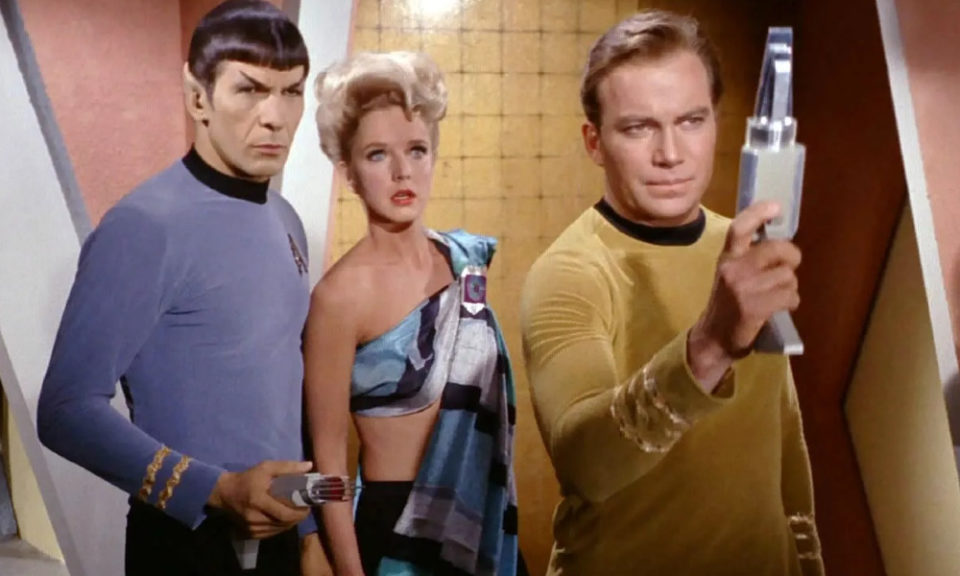#CryptoExplained: The Insanity of the Metaverse
In the newly emerging virtual world, needs such as collaboration, companionship and love may be satisfied in new ways that currently seem alien to us
Let’s do a thought experiment… Go back in time to before the pandemic, to the year 2018. Ask your 2018 self, is it possible for people to never have to work in person from an office? Now go back to the year 2000, and ask yourself if you could share pictures and videos with your friends on a phone. Chances are you would call your future self insane, and that would have been a perfectly normal reaction. This is why, it’s perfectly normal for you to think that the metaverse is insane.
The metaverse is an emerging idea of a virtual world in which we can interact in ways never before imagined. In the metaverse, the rules of physics don’t apply because we decide what the rules are. Immersive VR games are already showing us some ways in which new worlds and experiences can be created, and many of these will likely translate over to the metaverse. Further, needs such as social interaction, collaboration, companionship, and love may be satisfied in new ways that seem alien to us right now. Even wars could be fought in the metaverse.
Sci-fi fans may recall a Star Trek episode called ‘A Taste of Armageddon’ where two groups battle it out in the virtual world. If you watch this episode, you’ll notice that much of the conflict in the episode arises from a treaty negotiated by the two groups. This brings us to a few critical questions about the metaverse: Who decides the rules here? Will it be Mark Zukerberg, some other notable figures, or everyone? Will you have more or fewer rights? If the metaverse has some kind of economic system, how are winners and losers decided, or will there be true equality?
These are all questions the builders of the metaverse are currently trying to answer, and builders of distributed ledger technologies (crypto, blockchain) are a big part of this. In fact, most people in the space believe that DLT + Cryptography will enable much of the privacy and protection of rights in the metaverse, as much as we expect it to in the real world. So who decides the rules of the metaverse? One answer could be DAOs (Decentralized Autonomous Organizations).
Imagine a metaverse interaction between two individuals in a virtual Martian city. Perhaps the DAOs involved in this virtual world have decreed that value transfer between these individuals occurs using the Mars cryptocurrency. Maybe, the two of them decide that they are in love, and they commit to a virtual legal and financial commitment to each other using a DAO sanctioned smart contract. And, with advanced cryptography and encryption, these people may never even know who they are in the real world, because all their information and ties to the real world are protected and hacker proof.
Now let’s say that, over time, these commitments lead to conflict in many such relationships in that virtual world. Let’s say, for example, that such contracts prevent the forming of new commitments, in a way that was not foreseen by the original creators of the contract. By virtue of participation, these two individuals and others like them are members of the DAO so a majority of them can and do vote to change the contracts, so that it lessens the conflict.
This is just one type of insane scenario that could occur. And the funny thing is, this is probably the least insane of the scenarios that could occur.
Prashanth Irudayaraj runs the R&D group at cryptocurrency platform Zebpay, which is focused on applying distributed ledger technology to our most pressing challenges.








